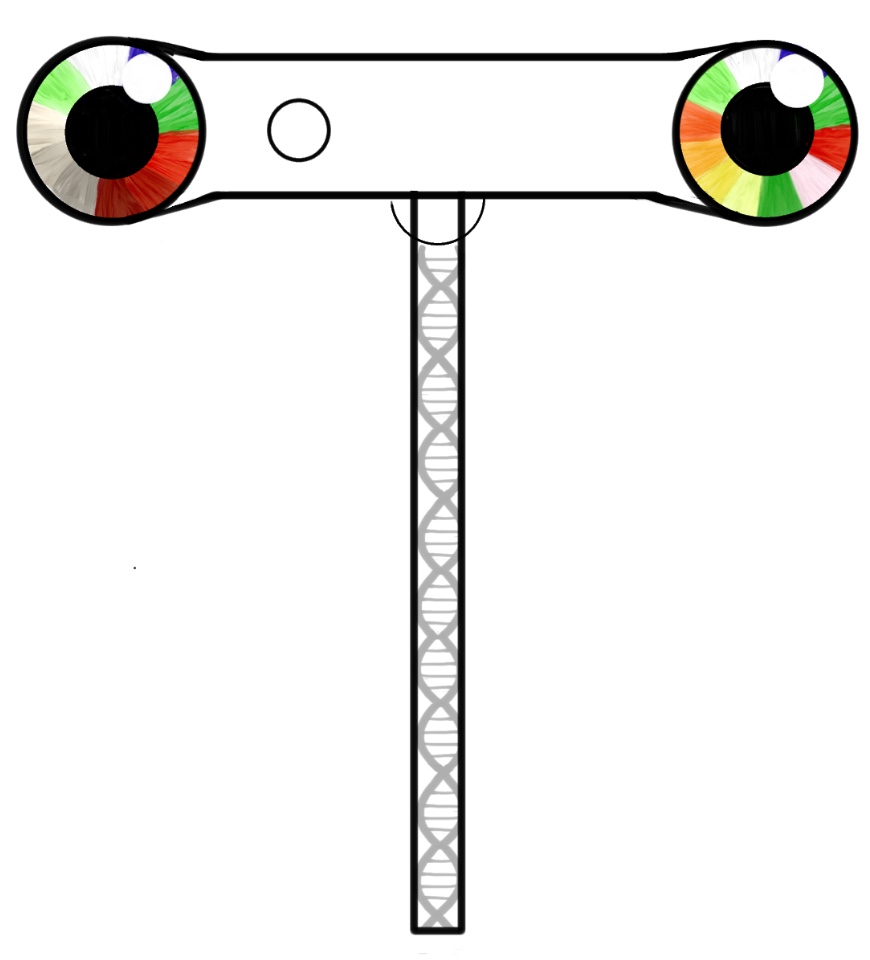Filters
Clear allSubject
- Careers (58) Apply Careers filter
- Climate Change (11) Apply Climate Change filter
- Computing (133) Apply Computing filter
- Creative arts and media (14) Apply Creative arts and media filter
- Cross curricular (154) Apply Cross curricular filter
- Engineering (240) Apply Engineering filter
- Food Preparation and Nutrition (52) Apply Food Preparation and Nutrition filter
- Leadership (2) Apply Leadership filter
- Mathematics (231) Apply Mathematics filter
- Personal development (3) Apply Personal development filter
- Psychology (2) Apply Psychology filter
- Science (496) Apply Science filter
- Space (12) Apply Space filter
- STEM Ambassadors (3) Apply STEM Ambassadors filter
- STEM Clubs (20) Apply STEM Clubs filter
Age range
Type
- Activity sheet (261) Apply Activity sheet filter
- Article (15) Apply Article filter
- Assessment (8) Apply Assessment filter
- Experiment (23) Apply Experiment filter
- Game (7) Apply Game filter
- Group work (15) Apply Group work filter
- Image (10) Apply Image filter
- Information sheet (44) Apply Information sheet filter
- Interactive resource (3) Apply Interactive resource filter
- Open-ended task (11) Apply Open-ended task filter
- Poster (11) Apply Poster filter
- Presentation (125) Apply Presentation filter
- Research (48) Apply Research filter
- Self assessment (4) Apply Self assessment filter
- Teacher guidance (344) Apply Teacher guidance filter
- Textbook (1) Apply Textbook filter
- Video (87) Apply Video filter
- Include Physical Resources (2582) Apply Include Physical Resources filter
Showing 815 results
A report from the National Curriculum Council (NCC). The change in approach was in turn widely criticised by respondents, and further revisions made by the NCC. While the move towards two Attainment Targets (ATs) and the separation of Information Technology was accepted, there were wide concerns about perceived...
The purpose of the Science, Technology, Engineering and Mathematics (STEM) Mapping Review, published by the Department for Education in 2004, was broadly to:
• investigate whether STEM initiatives currently being taken forward address the concerns raised about the decline in demand of university places in...
In this set of two activities pupils will learn about the different functions of bones and muscles, such as the humerus, ulna and metacarpals and understand how the human arm works. They are given the opportunity to use their own ideas to build and test a model robotic arm, with a full understanding of why robotic...
Produced by Rolls-Royce, this toolkit of careers resources helps students to see the connection between STEM subjects studied in school, college or university and future job opportunities. The resources are designed to help students to understand: * The wide range of jobs and industries which require STEM skills....
Produced by the Nuffield Foundation, these resources look at wheels and their uses.
In Roly poly, a story is told of two children who design and make their own wheel-based toys. It can be used to get children thinking about designing and making their own rolling toys. The resource is presented as a self-...
This activity allows pupils to gain an understanding of the different requirements for rover and instrument design. Throughout the session pupils have the opportunity to research different instruments used in space exploration and create a presentation of what they have learned and which instruments they think are...
Roving with Rosalind is an education and outreach project which presents Mars mission based classroom activities for primary schools as well as activity groups. This collection of resources is funded by the UK Space Agency, and give pupils the opportunity to complete activities such as deciding a launch plan and...
Based at the University of Aberdeen, the Rowett Institute is a key centre for the study of food and its relationship to long-term health. The Institute undertakes research to address some of the most compelling contemporary problems in nutrition. The Institute's research contributes not only to new scientific...
This set of resources, from The Royal National Lifeboat Institution (RNLI) Life Support Team, is aimed at science, technology, engineering, and mathematics teachers at Key Stage Two to Four. The resources use the essential work of the RNLI to provide a real-life context for students to explore key STEM topics and...
The ‘presentation’ section of the Fixpert's resource focuses on documenting the Fixpert's project in the form of a film, presentation, folder, blog or any other medium students choose. It encourages students to be reflective and critical of their practice, along with developing presentation and story-telling skills...
SATIS 8-14 was a project of the Association for Science Education which followed from the SATIS...
Box 1, the green box of ASE’s SATIS 8-14, contained ten booklets with resources suggesting activities for teaching science and technology in years 3 and 4 of Key Stage Two. In addition the box included a Teacher Book giving guidance about the project as a whole and about investigative activities.

